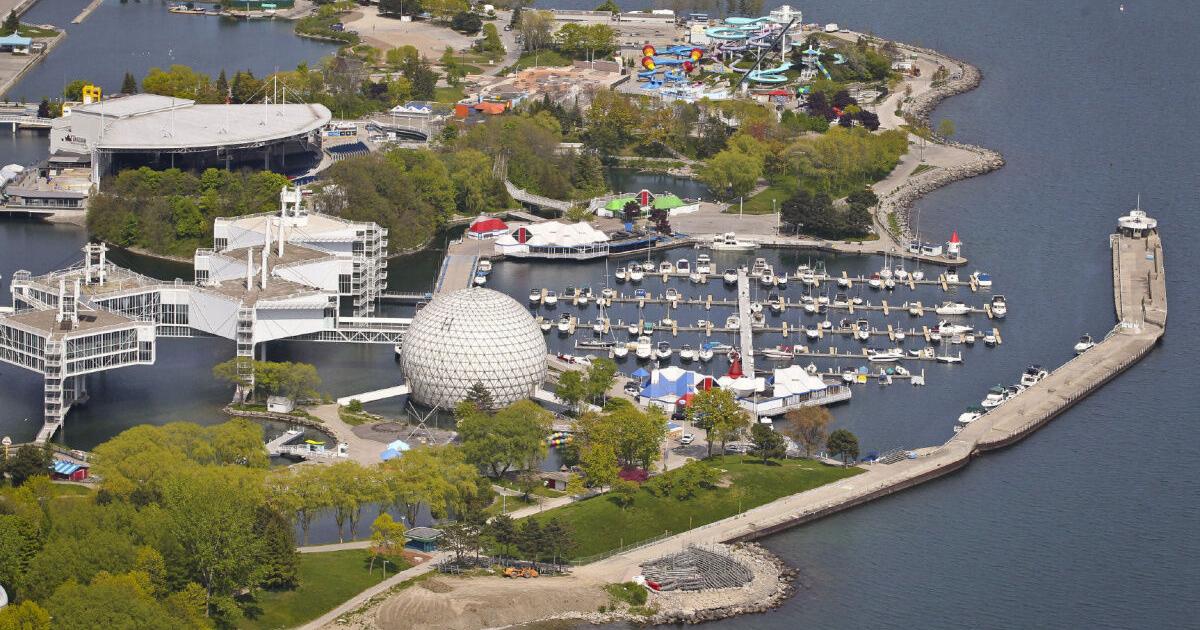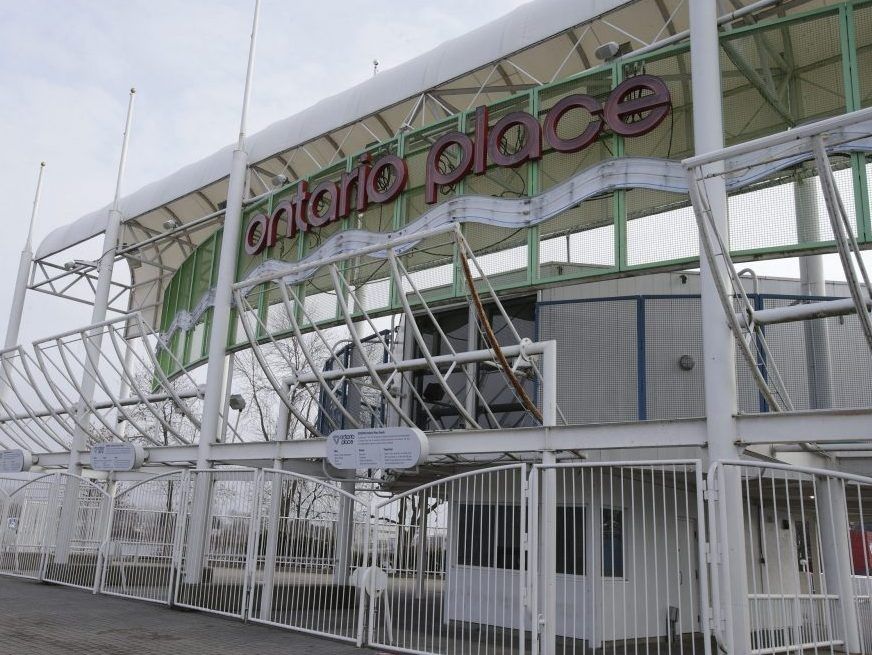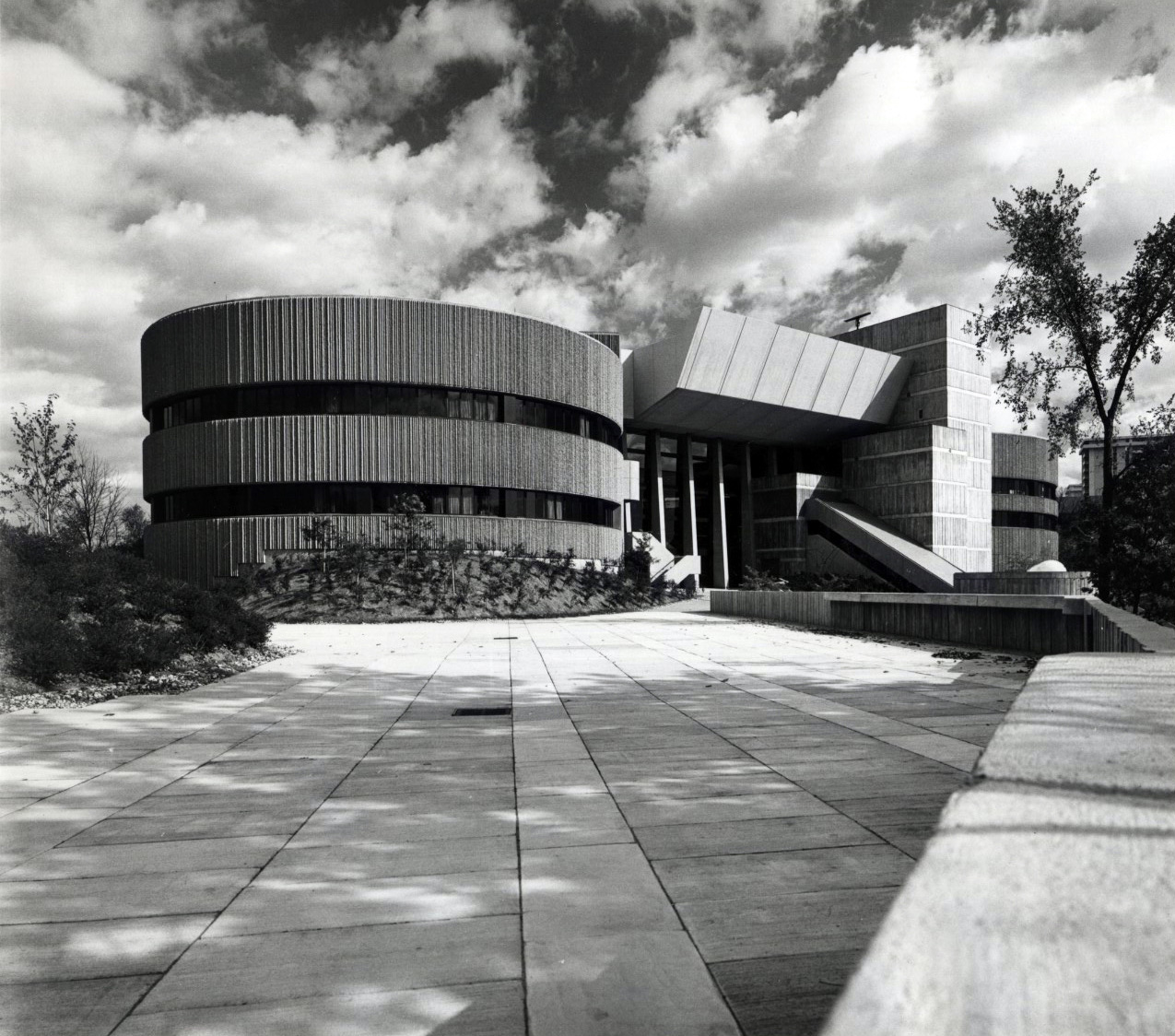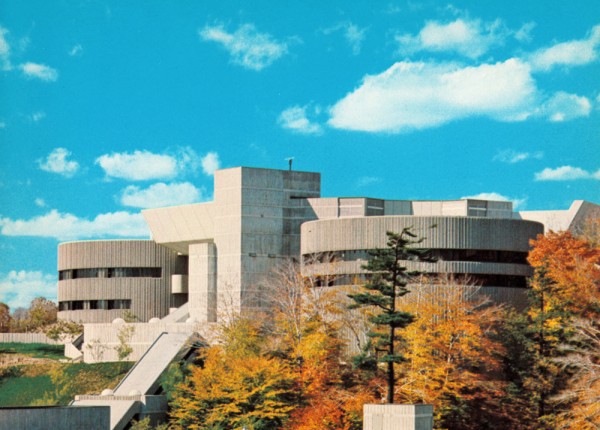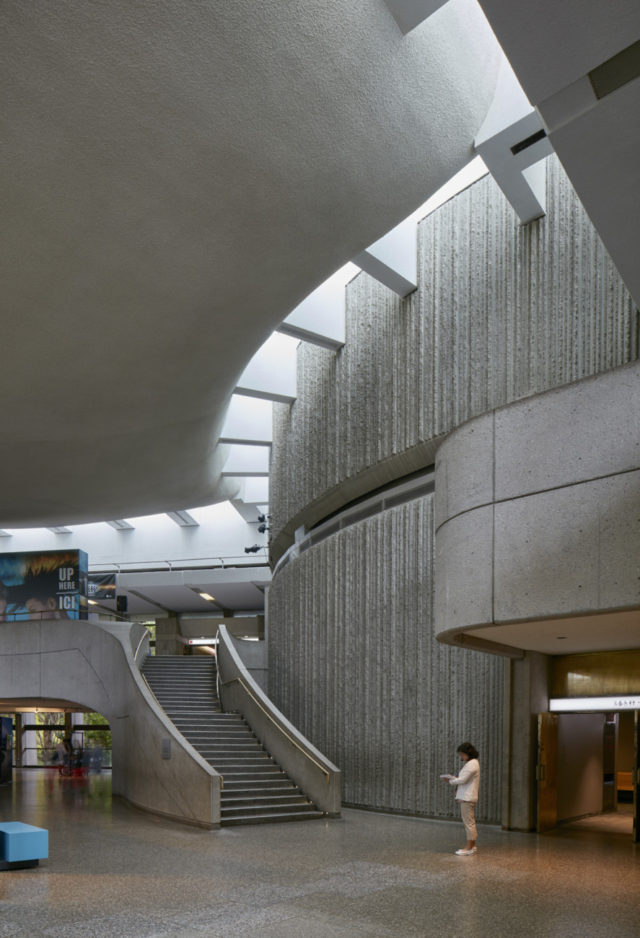Northern Light
Superstar
We don't have a housing crisis because of capital gains exemption on primary residences, we have a housing crisis because of many different issues, these are a few of the issues IMO, to much immigration, low cost of borrowing for a long period of time, very slow process with city approvals, ridiculous fees by the cities, and to many people buying and flipping properties for a quick profit, Developers will not invest in rental stock if it won't be profitable, i would agree that for people that are flipping properties they should be taxed on the full amount of their profit but totally disagree to tax someones profit on their principal residence when they could not write off any of the expenses that they incurred over the many years of owning their principal residence.
I get your take. Here's my challenge.
If you make money via a job; and earn '100k' per year, you pay income tax on that at at 'x' rate (obviously it's a blended rate), but it's 'x' rate on your total income. You, do get assorted access to deductions (RRSPs, RESPs, TFSAs and myriad other tax shelters). I disagree with all of them. Every last one. (and btw I have two of the three above)
To me the government should be agnostic on how you earn your income, the manner is irrelevant, what matters is that you made it, and you owe society/gov't a share.
We don't allow people to deduct the most basic cost of living from their income tax. Food+Shelter+Transit/Car, winter coat, work clothes, we don't do this, because if we did, neither the poor nor most middle income earners would pay any tax at all.
Instead we have deductions that disproportionately benefit people like me. I'm comfortable, yet pay less tax than many lower-middle-income people because of the way in which I structure my income and investments.
That's nuts.
Why should you get to 'earn' $500,000 selling your house and do so tax-free, while someone earning $40,000 pays income tax? That doesn't work with my sense of fairness.
You might argue that you 'invested' in the house; to which I would say, right, and you're not being taxed on your original purchase price, only the gain.
You might argue that you 'renovated' the house, and paid property tax and utility bills on it, to which I would say, low-income earners who are employees, need to feed themselves in order to show up at work, they need to buy a transit pass, they need a hair cut, they need to pay rent, etc. The majority of those things are not write-offs/deductions, but are 'investments' in a body, in order to make it available for work (earning income).
I would do it this way (don't get stuck on the rates, this is just a model)
$40,000 of income, tax-free for every Canadian, every year.
Entry level tax bracket 20% (federal), 10% (provincial), no deductions or credits of any kind on your next $100,000
Then progressively higher rates at $250,000, $500,000 and $1,000,000 in income to some logical cap.
****
I do get the idea that a capital gain all at once can be a big hit, there are ways to address this by taxing un-realized gains annually and refunding any difference on sale.
We could agree that that gains at or below the rate of inflation would not be taxed, my problem there though is that you have to apply that to all other forms of income (interest, dividends etc.), it really adds a lot of complexity to the tax system.
****
We could consider one other option which would be provide one, open-ended (any type of capital gain, stocks, property etc.) exemption but to a lifetime limit (say 500k); that still favours people with money over those working and with no investments though, which I see as problematic.
***
Edit to add, I'd be happy to discuss the tax system or housing further in whatever thread may be appropriate, or privately, but perhaps we might return this thread to its primary intent of discussing Ontario Place.
